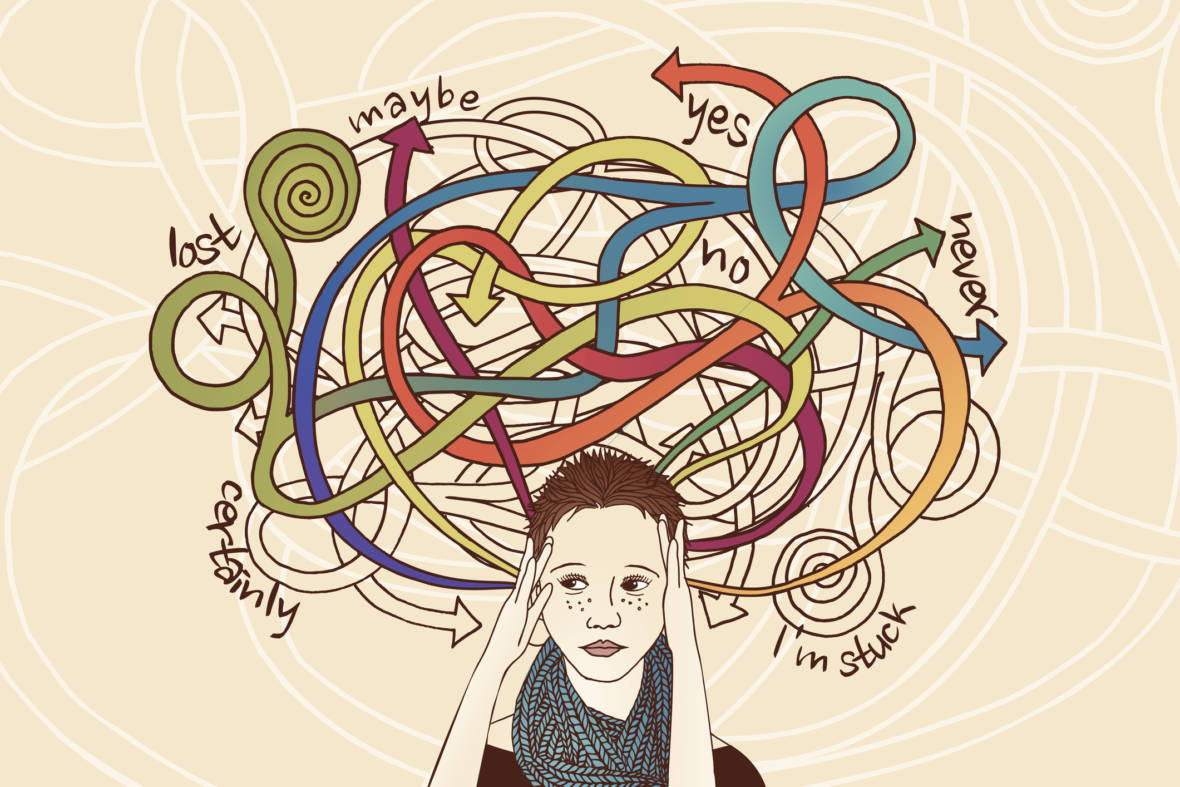drugs and it's relation with unstable mental health
Drug use and its interaction with mind psychology is a complex and multifaceted topic, touching upon various aspects of neuroscience, behavior, and society. Understanding this relationship requires delving into both the physiological effects of drugs on the brain and the psychological mechanisms that drive their use and abuse.
At the most fundamental level, drugs exert their influence by altering the chemical balance in the brain. Whether it's through stimulating the release of neurotransmitters like dopamine or serotonin or by directly mimicking their effects, drugs hijack the brain's reward system, leading to feelings of pleasure and euphoria. This hijacking can create powerful associations between the drug and positive emotions, laying the groundwork for addiction.
But the story doesn't end there. The decision to use drugs, and the patterns of use that follow, are heavily influenced by psychological factors. Individual differences in personality traits, such as impulsivity, sensation-seeking, and susceptibility to stress, can predispose some individuals to drug experimentation and subsequent addiction. Moreover, environmental factors, including peer pressure, socioeconomic status, and exposure to trauma, play a significant role in shaping drug-related behaviors.
The psychological allure of drugs often lies in their perceived ability to alleviate negative emotions and enhance positive experiences. Many people turn to drugs as a coping mechanism for dealing with stress, anxiety, depression, or simply to enhance social interactions and recreational activities. This self-medication can quickly spiral out of control, as tolerance develops, leading individuals to increase their drug intake in pursuit of the same desired effects.
The cycle of addiction is further perpetuated by the psychological phenomenon of craving, characterized by intense urges or desires to use drugs, often triggered by environmental cues or emotional states associated with drug use. These cravings can hijack rational decision-making processes, leading individuals to prioritize drug-seeking behavior over other important aspects of their lives, such as relationships, work, or health.
However, it's essential to recognize that the relationship between drugs and mind psychology is not solely negative. Research has shown that certain psychoactive substances, when used in controlled settings and with proper guidance, can have therapeutic benefits for conditions such as PTSD, depression, and addiction itself. In these cases, the psychological aspect of drug use becomes intertwined with the therapeutic process, as individuals confront and process underlying emotions and traumas under the influence of these substances.
In conclusion, the interplay between drugs and mind psychology is a dynamic and multifaceted phenomenon, encompassing both the physiological effects of drugs on the brain and the psychological mechanisms that drive their use and abuse. Understanding this relationship is crucial for developing effective prevention and treatment strategies for substance abuse disorders.
Written by mansi
Meraki minds





Comments
Post a Comment